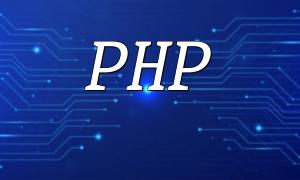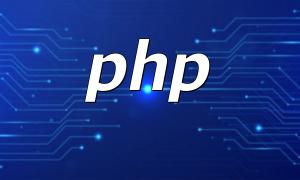PHP remains a cornerstone of backend development for modern web applications. In Linux environments, ensuring thread safety is crucial for maintaining the stability and reliability of PHP applications. Thread safety determines whether PHP code can be executed by multiple threads simultaneously without errors or data corruption.
PHP supports several execution modes in Linux, each with different implications for thread safety:
Module mode (e.g., Apache’s mod_php): PHP runs as a module within the Apache process. Since Apache often uses a multi-process model, thread safety is less of a concern in this mode.
CGI mode: A new PHP process is spawned for each request, effectively isolating execution but with a performance tradeoff.
PHP-FPM: A modern process manager for PHP that supports multi-processing. It enables better performance under high concurrency while maintaining process isolation for improved safety.
To improve thread safety in Linux-based PHP applications, developers should follow these guidelines:
Choose libraries and PHP extensions that are known to be thread-safe. These libraries are designed to avoid shared global state, reducing the chance of thread conflicts.
Global variables can easily lead to race conditions in multithreaded environments. It's recommended to use function parameters, class properties, or dependency injection to pass data instead of relying on globals.
function processData($data) {
// Process data without using global variables
return $data * 2;
}When dealing with shared resources, using locking mechanisms ensures thread safety. Common methods include:
For PHP applications running on Linux, understanding thread safety is essential for building high-performance and secure systems. By selecting the right execution mode, avoiding global state, using thread-safe libraries, and implementing proper locking mechanisms, developers can greatly enhance application stability. We hope this article offers valuable insights for your PHP development workflow on Linux.









